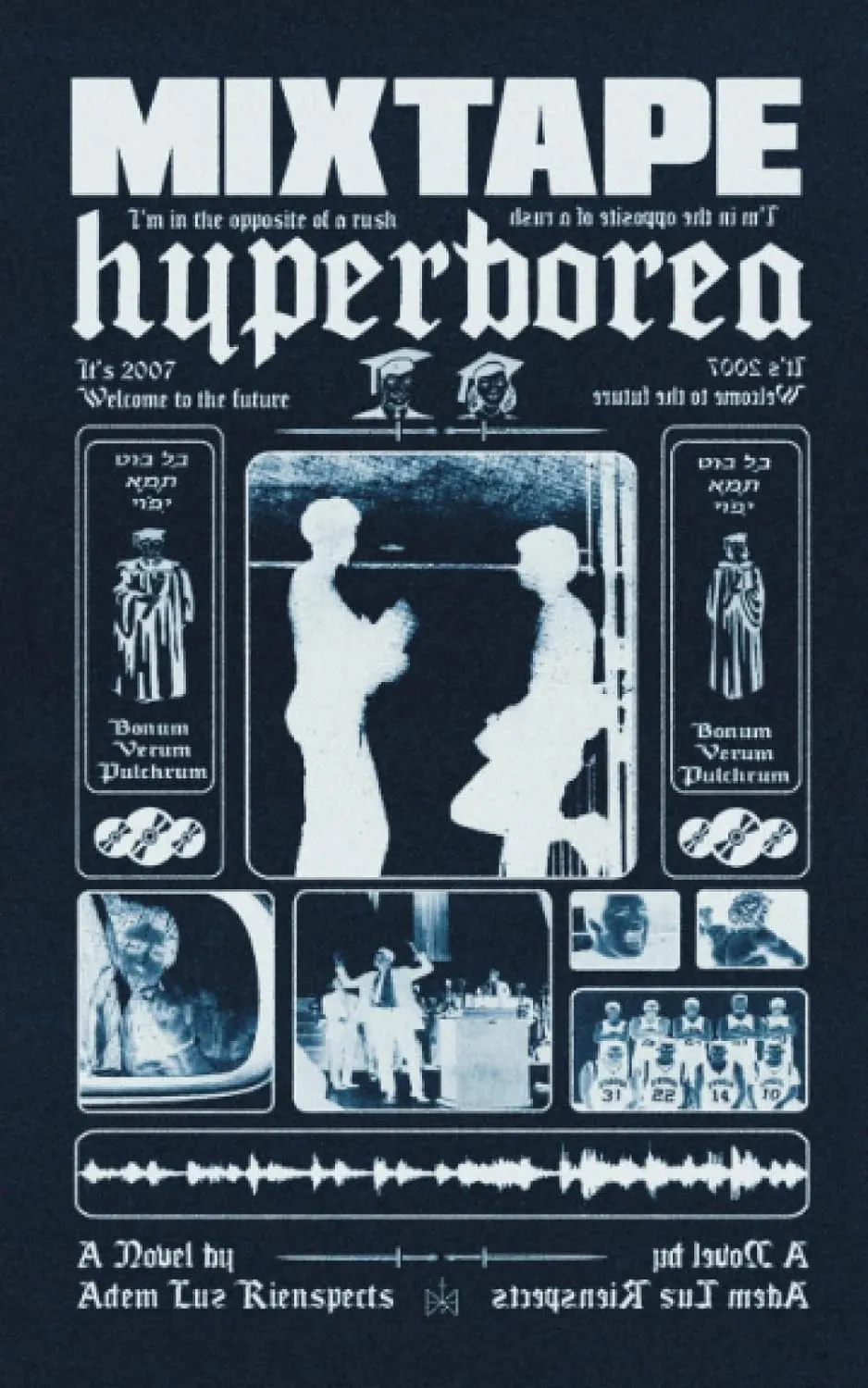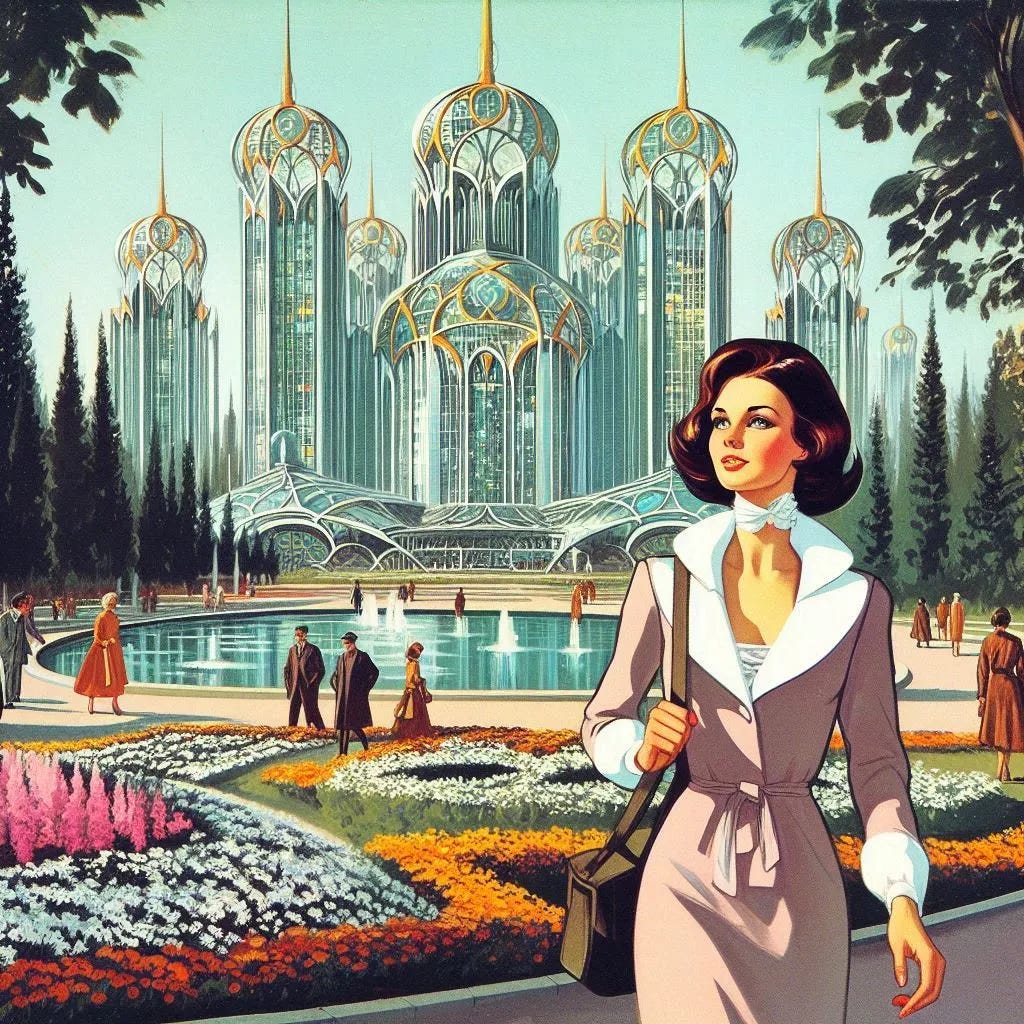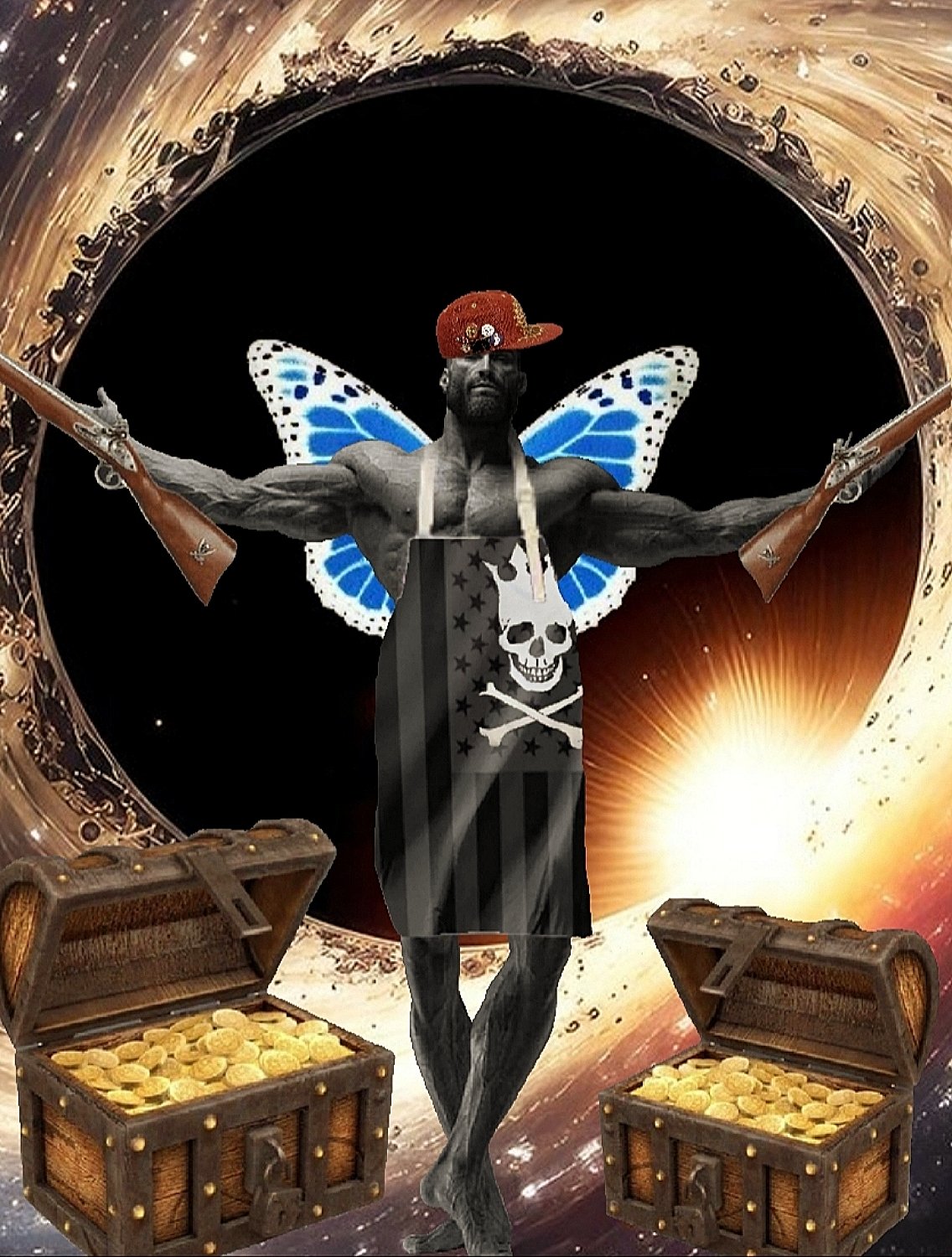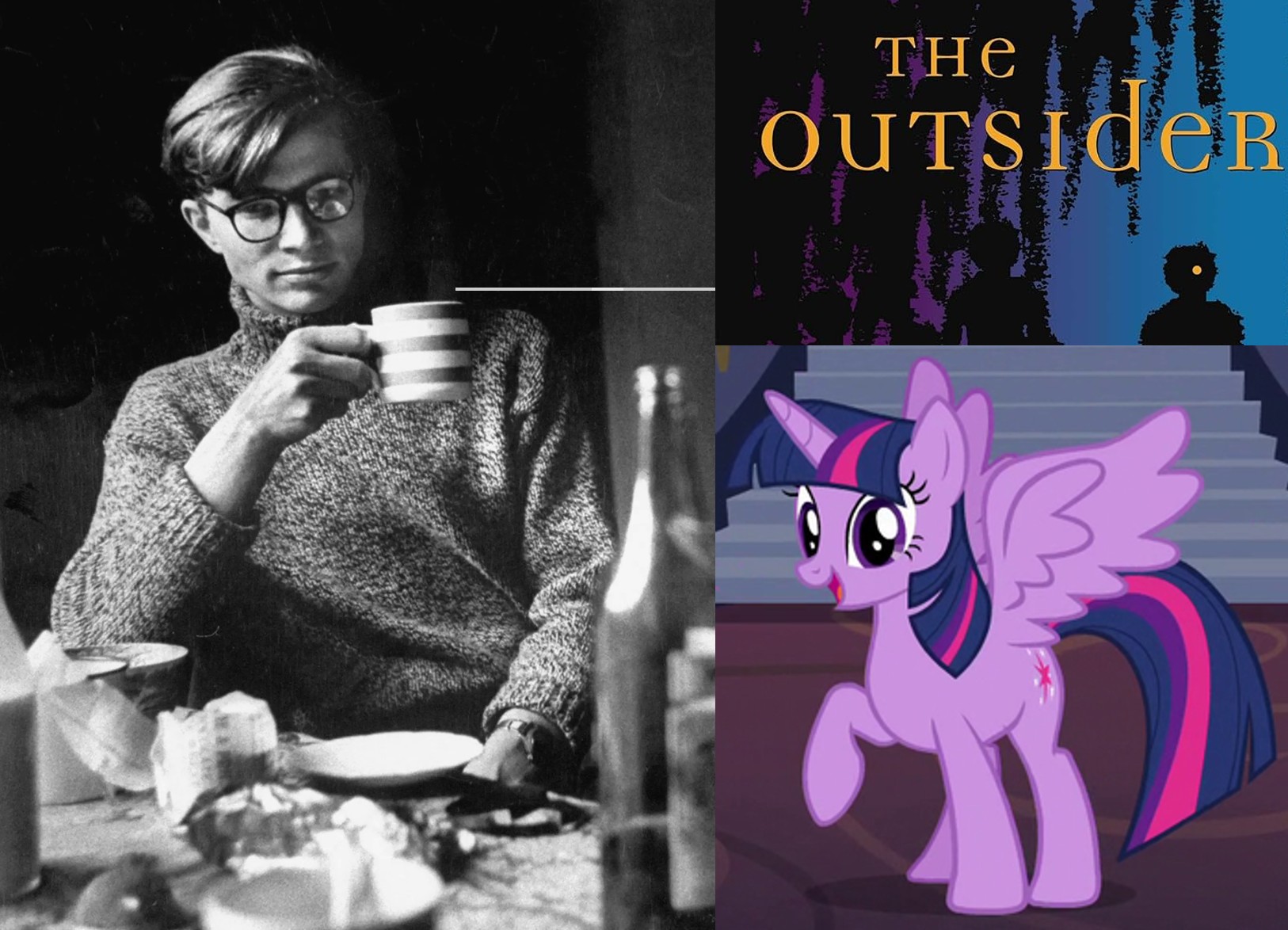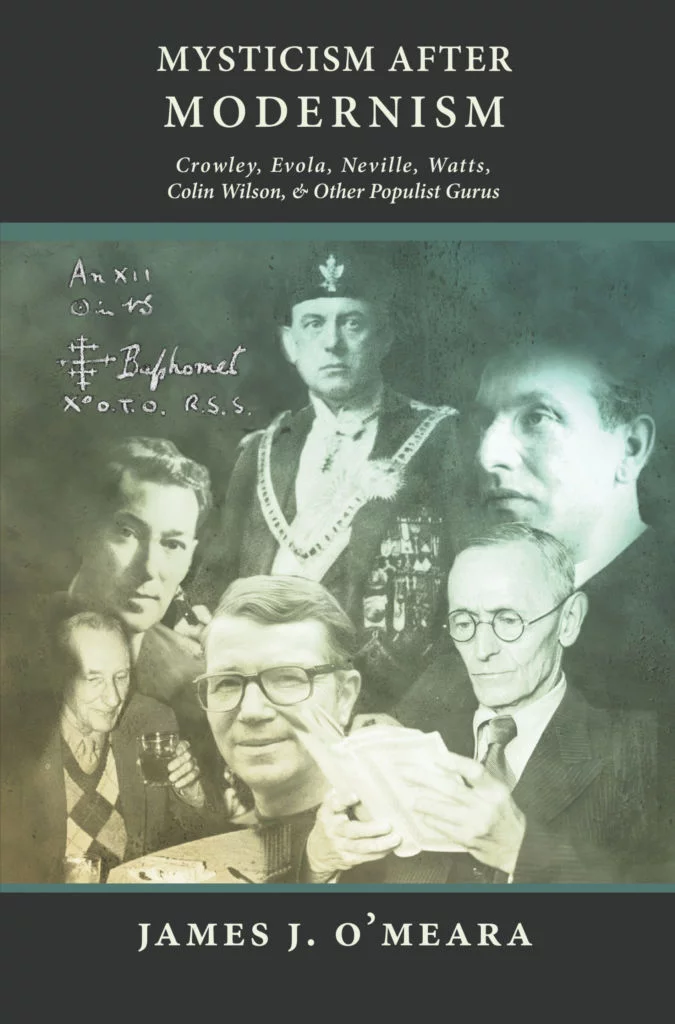Robert “Starkattack” and Matt “Las” Pegas talk to Adem Luz Rienspects. Adem is the author of Mixtape Hyperborea and you can follow him on Twitter/X.
Topics:
-Intro song: Brian is the Most Beautiful by Memo Boy
Adem’s background as a former Marxist and Sam Harris Centrist Liberal, and how he is now politically homeless
-Was Trump surviving an act of God?
-The current online scene that is more open, decentralized, and culturally oriented
-Is Dime Square a cursed brand?
-Adem’s advocacy for a new Hippie movement
-How the Hippies failed to fulfill spiritual perennialism
-Adem’s unique theological view of God
-Our recent trip to Sedona and its spiritual significance
-“Starkattack’s” heroism in Sedona with the power of friendship
-Adem’s positive and mythical experience attending a Walford Steiner School
-How science and spirituality are fundamentally interlinked
–Our experience with and the spiritual attributes of magic mushrooms
-How shrooms transformed Adem into an Aryan
-The effects of using a soundtrack for Mixtape Hyperborea
-The book’s off the wall humor
-Why friends should call each other racial slurs
-The spiritual component of masculinity
-How male social hierarchies are formed
-Whether the tribal village-like environment of HS should be recreated for adults
-The esotericism of nostalgia
Click Here to download!
Checkout Robert Stark’s Facebook page, Twitter, Instagram, Stark Truth TV, novel Vaporfornia, and subscribe to his Substack.
